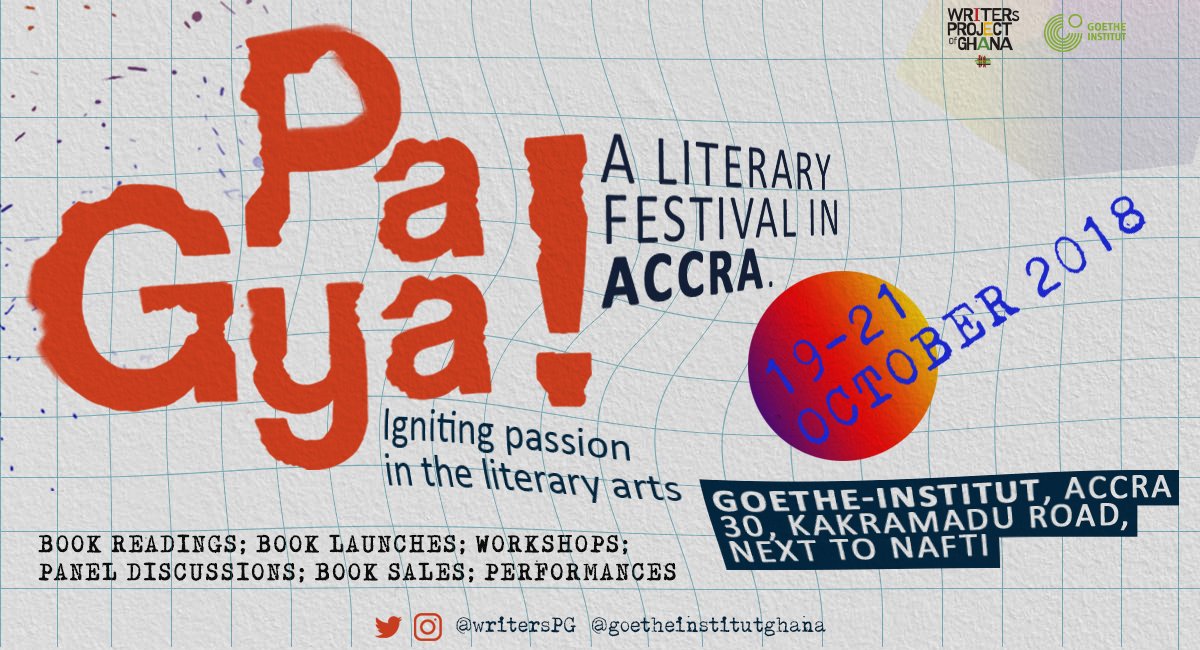
Writer
Unoma Azuah launched her second novel,
'Edible Bones' at the National Library, Yaba, Lagos on Saturday Decemer 17. The author of
'Sky High Flames' a novel,
'The Length of Light', a short story collection and earlier poetry collection
'Night Songs' - is over from the US for the publication of her latest book, published by Ogochukwu Promise's Oracle Books. In attendance were Azuah's fellow female writers Akachi Adimora-Ezeigbo, Ronnie Uzoikwe and Onyinye Ihezukwu. It was my first proper meeting with Ihezukwu, who is fresh from last month's Femrite workshop in Uganda. She is shown below, having her copy of
'Edible Bones' autographed by the author.
Compering the event was Ropo Ewenla, Secretary of PEN Nigeria. The body's president, poet Tad

e Ipadeola, was the reviewer but he was stuck someplace and couldn't come, so the review was read on his behalf by
Sylva Nze Ifedigbo. Music was provided by Edaoto and Awoko. When the launch finally started (potential audience probably halved by another event going on at Debonair also in Yaba), the publisher lamented the poor turnout. "We are celebrating a writer who lives abroad, who has done a lot to promote literature," Promise said. One of the goals of Oracle Books, she informed, is to get people "to read not just for utilitarian purpose but also for pleasure... Good books are a complement to good living."
'Edible Bones' which I'm yet to read, is about the travails of a Nigerian immigrant in the US, Kaito, who has gone there in search of a better life that may not be all for the better. Chair of the occasion was Mallam Abdullahi Yerwa who was absent but nonetheless had his address read on his behalf - a sort of review-before-the-review, complete with spoilers. He also said at some point, "Most bloggers, as far as I'm concerned, should be flogged" - I don't remember exactly what for. His address led Ewenla to declare that Azuah's novel "will generate a robust discussion (about the issue of Nigerian's flocking to foreign lands)."
The Chief Launcher, Yemi Adebiyi shared his own experience of America. "I was in America for 17 months. I graduated on May 8, I ran back to Nigeria on May 12." Why? "Because I saw so much suffering among Nigerians there and I didn't want to be part of it." Adebiyi said the problem with Nigerians is that "we don't read." He recalled a KLM flight to Amsterdam on which about 15 Nigerians fiddling with calculators, while the Europeans on board nourished their minds by reading magazines and books. He also called for book launches to hold on days other than Saturdays, because there's too much going on the city and books cannot compete favourably with wedding parties.
An old school mate of Azuah's who was seeing her on Saturday for the first time in 24 years, spoke movingly of their secondary school days, clearly proud of what the author has made of herself. A lawyer, the old friend recalled that, "Unoma's uniform was the only one with two pockets" stuffed with poems. Also in attendance was Sister Ify, the Administrator of Holy Child College. You see, the friend went to HCC to enrol her daughter, looked in the school bulletin and saw to her astonishment, a piece about the author Unoma Azuah - her schoolfriend from 24 years before.
Photos: M.Wood.























 Almost always, as in the Abdullahi Ibrahim one above, there is an artful missing-of-the-point in order to tease out that "poignant detail."
Almost always, as in the Abdullahi Ibrahim one above, there is an artful missing-of-the-point in order to tease out that "poignant detail."


 The widower Edwin Igbokwe in pensive mood as his late wife's coffin is brought into the Archbishop Vinning Memorial Church in Lagos.
The widower Edwin Igbokwe in pensive mood as his late wife's coffin is brought into the Archbishop Vinning Memorial Church in Lagos. Singer Onyeka Onwenu, Bisi Adeleye-Fayemi (wife of Ekiti State Governor) and Orelope Adefulire, Deputy-Governor of Lagos State at the Lagos funeral service.
Singer Onyeka Onwenu, Bisi Adeleye-Fayemi (wife of Ekiti State Governor) and Orelope Adefulire, Deputy-Governor of Lagos State at the Lagos funeral service.

 Saturday September 10: a young boy and his gong in Awka, as he prepares to sing for the late Christy.
Saturday September 10: a young boy and his gong in Awka, as he prepares to sing for the late Christy.
















.jpg)




